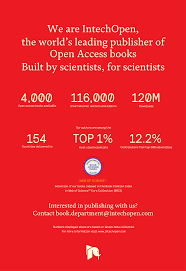Resource information
Land acquisition and use remain a critical issue of great policy relevance in developing countries such as Nigeria. This study therefore examined land acquisition and use in Nigeria within the context of food and livelihood security. The chapter used secondary data obtained from the World Bank website, National Bureau of Statistics (NBS) and other sources. It was found that there are gender, location and income-group considerations in the allocation of land in Nigeria. While the urban land market is relatively more formal, the rural land market is informal and the transactions were not documented in most cases. The study found that bureaucratic bottlenecks, high cost of registering land and long registration procedures, and inconsistent policy regimes impede the development of land market in Nigeria. Based on the findings of the study, it was recommended that the government should reduce and make the processes to be completed in registering lands in Nigeria easier. The Land Use Act 1978 should be amended to capture the prevailing realities around customary laws and informal markets. The government should reduce the cost of land registration in Nigeria. Multilateral organisations and government should co-create and co-finance innovative interventions to improve activities in the land market.


